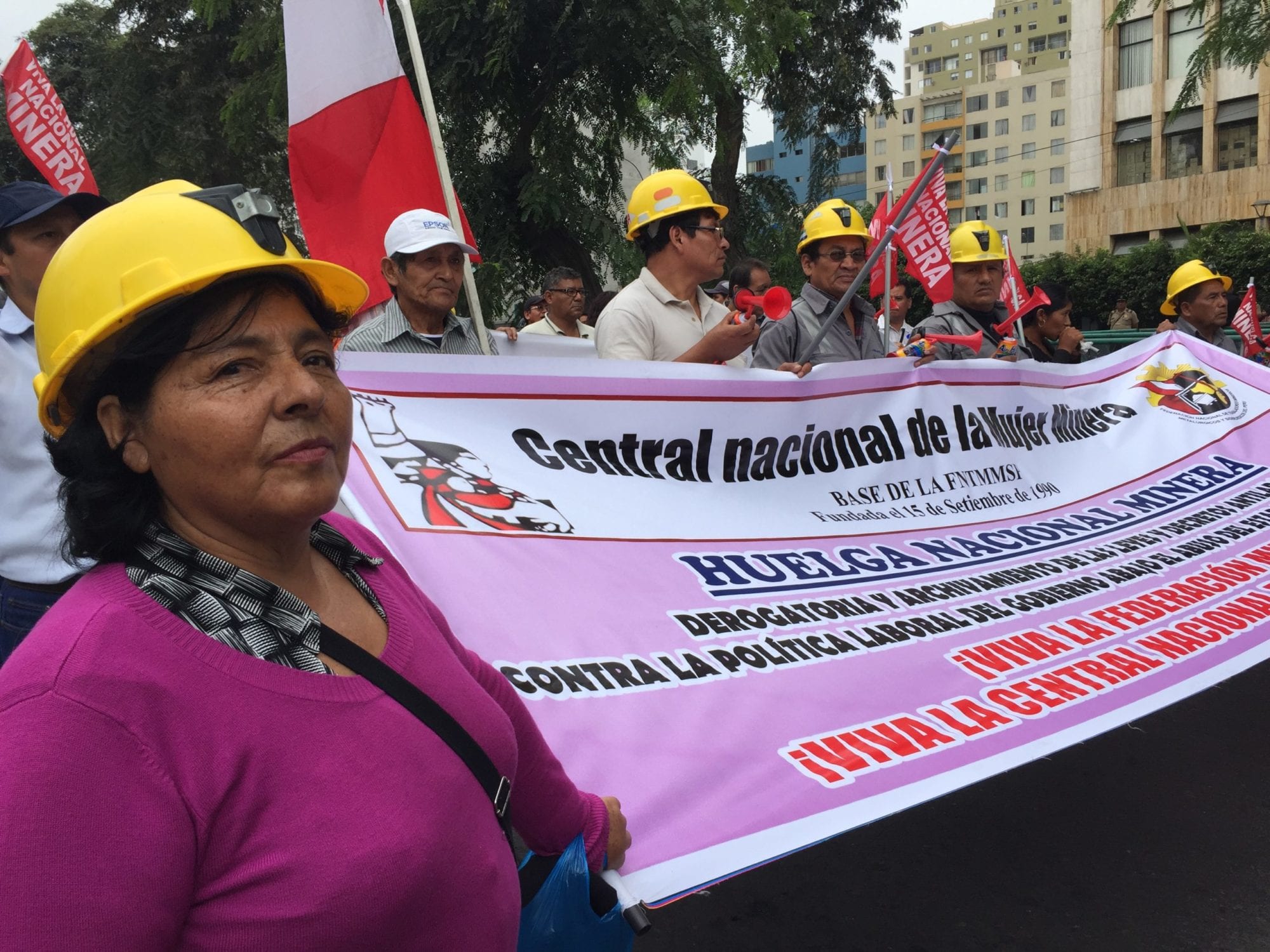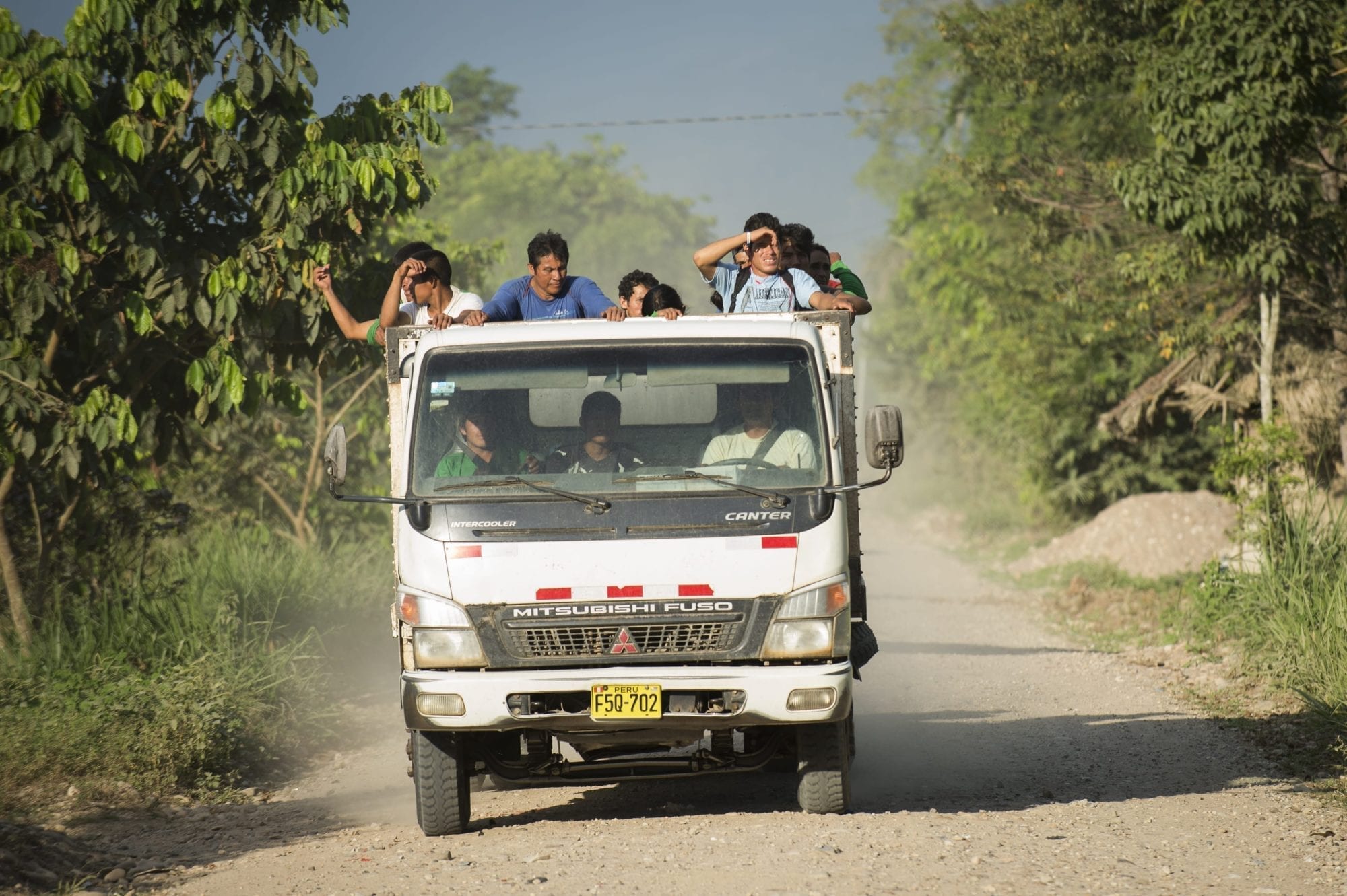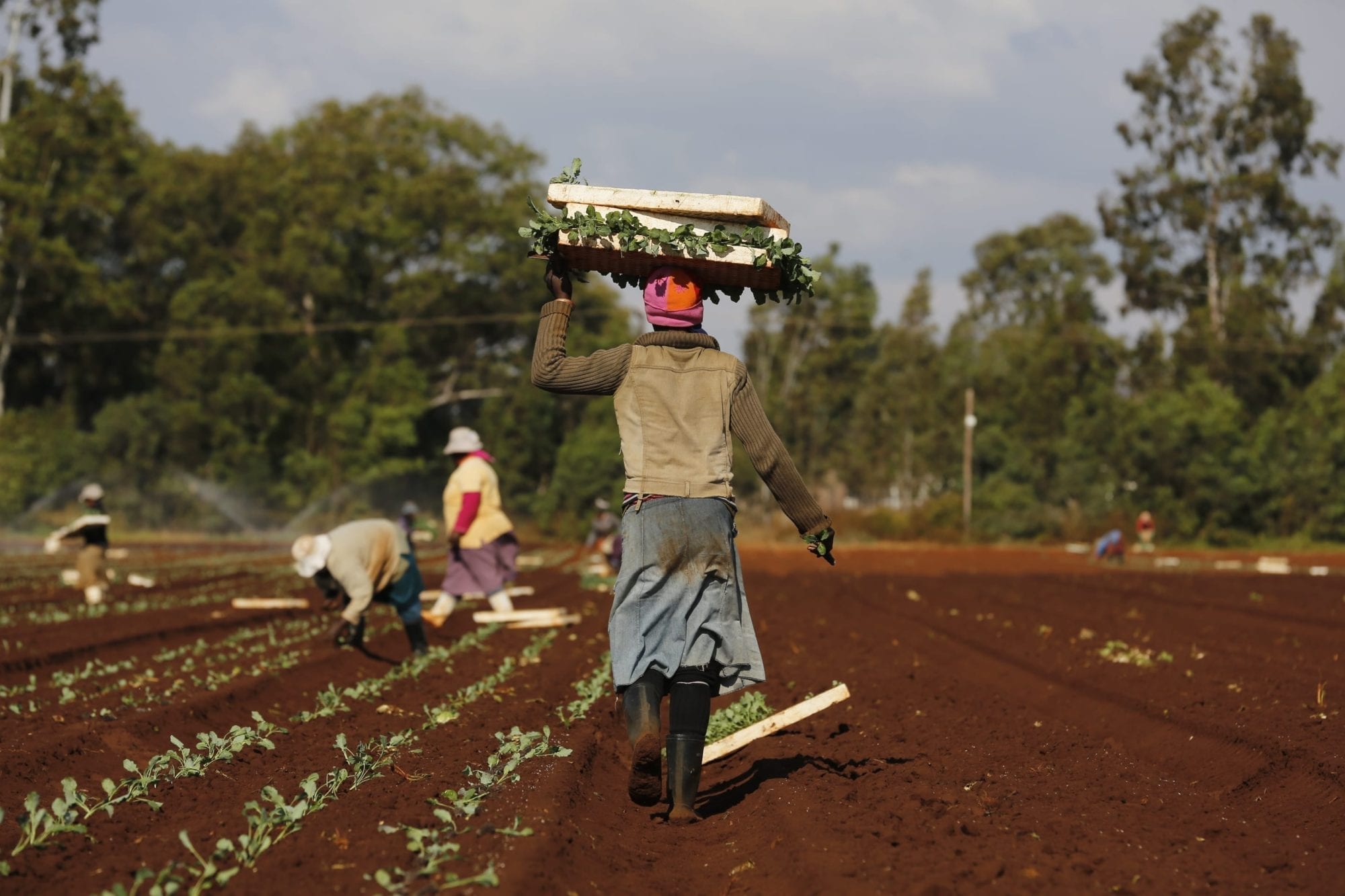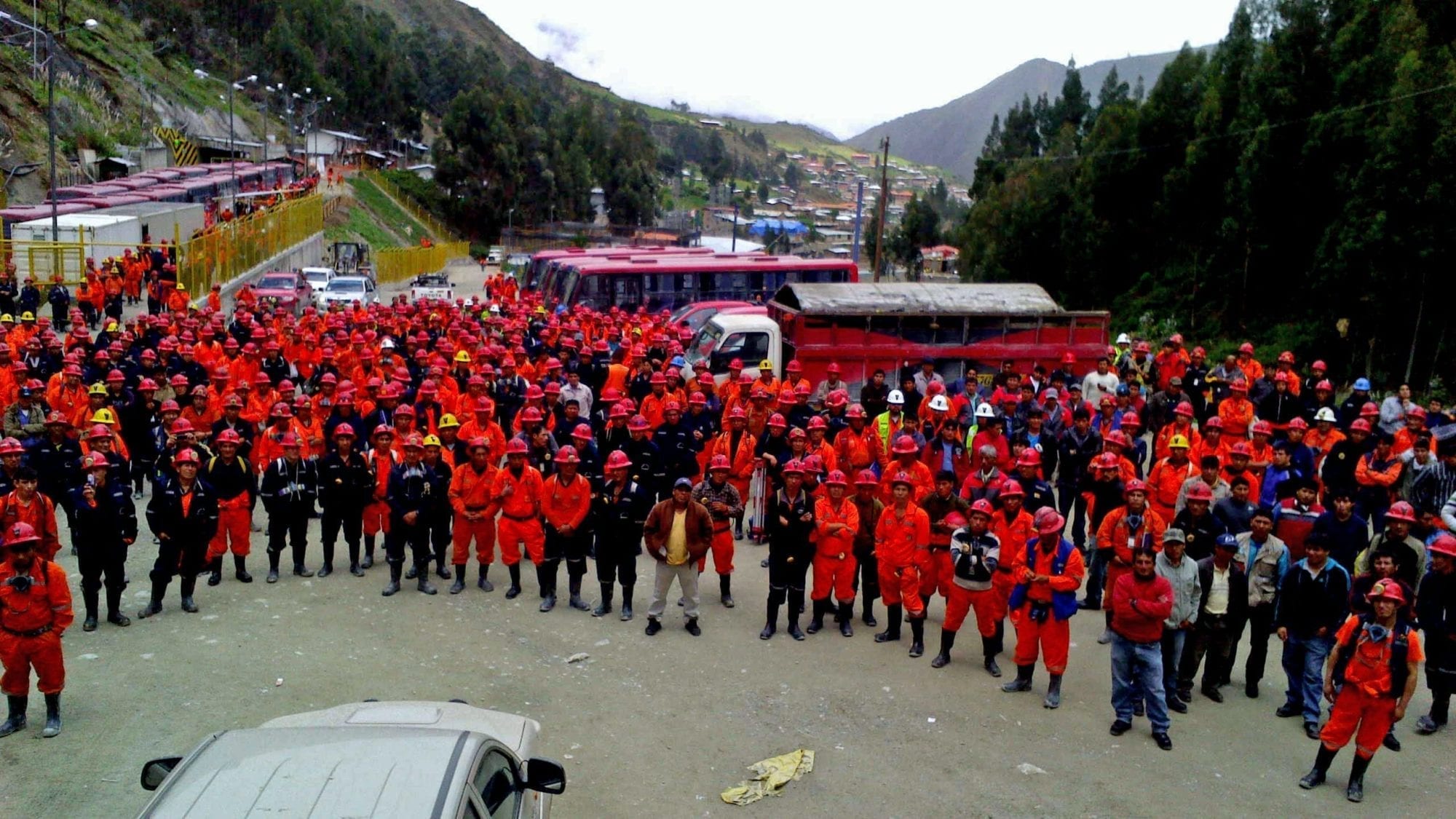In Peru’s export sector, textile workers and agricultural laborers typically earn low wages and receive few or no benefits, like paid sick leave, work in dangerous and unsafe conditions, and often are fired when they form a union to improve their lives on the job,...

Peruvian unions recently achieved several worker-friendly policy changes, including reforms to laws governing the agro-industrial sector and subcontracting, and the ratification of International Labor Organization (ILO) Convention 190 on the elimination of harassment and violence in the world of work. Peruvian unions also contributed to a bill to consolidate the labor code, preventing employers from using contradictions in labor regulations to limit labor costs and eliminating provisions that infringe on workers’ rights—the first such proposal in 21 years.
Despite this progress, few workers are in unions. Many work under unfavorable conditions such as subcontracted, short-term contracts or under service agreements that either explicitly or tacitly prevent workers from belonging to a union. As a result, most Peruvians, particularly those working in the export-oriented sectors, work under dire conditions with low wages, few job safety and health protections and limited access to collective bargaining and freedom of association.
The Solidarity Center works with union partners in the agro-industrial and mining industries where women, youth and indigenous workers are overrepresented in precarious jobs and disproportionately suffer the consequences of poor labor rights protections and enforcement. Women workers in the agro-industrial sector face the added burden of workplace discrimination or arbitrary dismissal if pregnant and often earn less than men for equal work. Gender bias among union leadership further reduces women’s affiliation to unions or leadership roles even though women constitute the majority of workers.
Given the ongoing political instability, the trade union movement will continue to expand its representation to build greater leverage to demand the successful implementation of labor code reform. If unions in Peru can better represent workers, engage with institutions, take part in social dialogue and use the legal system to hold employers and government accountable, they will improve institutional responsiveness and rule of law, which is critical to a functioning democracy.
Fruits of Labor: Agricultural Workers Feeding the World
From vegetable farms in South Africa to palm oil plantations in Peru and olive groves in Morocco, agricultural workers, their unions and associations are joining with the Solidarity Center in improving wages and working conditions and bettering the lives of themselves...
Thousands of Peru Mineworkers Struggle for Decent Work
Oscar Muro, Solidarity Center program officer in Peru, reports on his late February fact-finding journey to the Minera Aurifera Retamas (MARSA) mine, where subcontracted mineworkers, represented by a strong union, won a national labor inspection finding that calls for...



